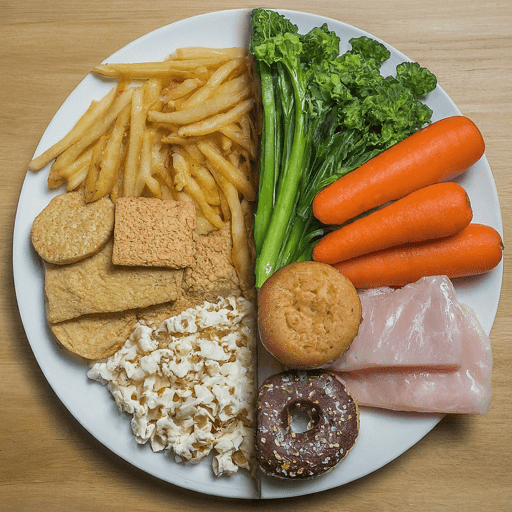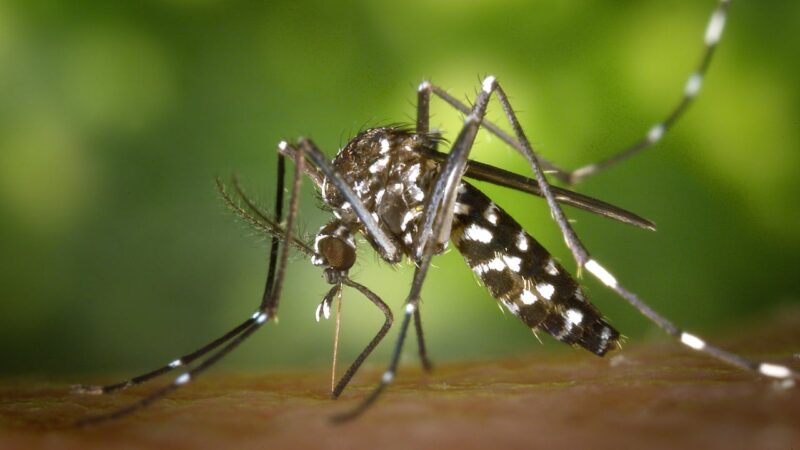Exploring Diabetes Epidemic in India and Vital Role of Lifestyle Modifications

In India, diabetes has become a prevalent health concern, earning the country the title of the “diabetes capital of the world.” With approximately 10-12% of the urban population affected, the rise in diabetes cases is largely attributed to lifestyle factors, according to Dr. David Chandy, an endocrinologist at Sir HN Reliance Foundation Hospital.
Dr. Chandy highlights the impact of dietary habits, with an increasing consumption of processed foods high in maida, oily substances, refined flour, sugar, jaggery, and honey. Coupled with inadequate physical activity, this lifestyle shift contributes significantly to the diabetes epidemic.
It’s crucial to understand the differences between Type 1 and Type 2 diabetes. While Type 1 is characterized by insulin deficiency and is irreversible, Type 2 is often linked to genetics and obesity. However, Dr. Chandy emphasizes that disciplined lifestyle modifications can often reverse Type 2 diabetes, providing hope for those affected.
Incorporating just 30 minutes of daily exercise can make a significant difference in managing diabetes, says Dr. Chandy. He highlights the concept of the “Thin Fat Indian” phenotype, where individuals may appear physically fit but harbor excess belly fat, increasing the risk of diabetes.
Dr. Chandy underscores the importance of lifestyle interventions before turning to medication. He dedicates time to counseling patients on lifestyle modifications, including dietary changes, exercise routines, and sleep patterns. Quality sleep, he notes, plays a crucial role in diabetes management, aiding in stress reduction and blood sugar control.
Dispelling common myths, Dr. Chandy clarifies misconceptions surrounding foods like jaggery and honey. While often considered healthy alternatives to sugar, they contain high levels of sucrose and glucose, which can spike blood sugar levels, particularly in diabetics. Instead, he recommends focusing on fiber-rich fruits like apples, pears, and oranges for better diabetes management.
Dr. Chandy addresses concerns about meal timings and composition, advocating for a balanced approach reminiscent of a traditional Indian Thali. Portion control, especially with carbohydrates, is essential, along with regular meal timings to maintain stable blood sugar levels.
Also Read: Choose Earth Over Plastics This Earth Day
Overall, Dr. Chandy’s approach emphasizes the power of lifestyle changes in managing and even reversing diabetes. By prioritizing healthy eating, regular exercise, and adequate sleep, individuals can take control of their health and reduce the burden of diabetes in India. It’s a message of hope and empowerment for those grappling with this widespread health issue.
Q&A
Q: What are the primary reasons behind the rising prevalence of diabetes in India?
A: The primary reasons for the increase in diabetes cases in India are attributed to drastic changes in lifestyle, including increased consumption of processed foods high in refined flour, sugar, and oily substances, coupled with insufficient physical activity.
Q: Can Type 2 diabetes be reversed?
A: Yes, Type 2 diabetes can often be reversed through disciplined lifestyle modifications, including dietary changes, regular exercise, and weight management. However, it’s essential to consult with a healthcare professional for personalized guidance.
Q: How much exercise is recommended for managing diabetes?
A: Incorporating just 30 minutes of moderate exercise into daily routines can make a significant difference in managing diabetes. This can include activities such as brisk walking, cycling, or swimming.
Q: What is the significance of sleep in diabetes management?
A: Quality sleep plays a crucial role in diabetes management by aiding in stress reduction and blood sugar control. It is recommended to aim for 6.5 to 7 hours of sleep per night to support overall health, including diabetes management.
Q: Are there any misconceptions about diabetes and dietary choices?
A: Yes, there are common misconceptions surrounding certain foods, such as jaggery and honey, which are often considered healthier alternatives to sugar. However, they contain high levels of sucrose and glucose, which can spike blood sugar levels, particularly in individuals with diabetes. It’s important to focus on fiber-rich fruits and balanced meal compositions for better diabetes management.
Also Read: Celebrating Earth Day with Knowledge: Take the Earth Day Quiz!
Q: How can individuals ensure balanced meal timings and portions?
A: To maintain stable blood sugar levels, individuals should follow a balanced approach to meal timings and portions, resembling a traditional Indian Thali. Portion control, especially with carbohydrates, is crucial, along with regular meal timings throughout the day. Consulting with a healthcare professional or nutritionist can provide personalized guidance in this regard.











